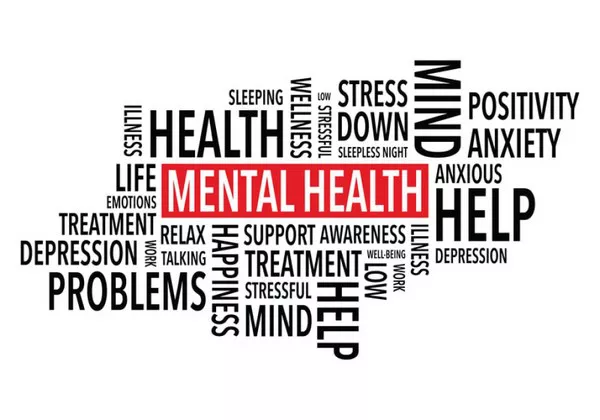Dementia is a complex and often misunderstood condition that affects millions of people worldwide. It not only impacts individuals but also their families and caregivers. In this comprehensive guide, we will delve into everything you need to know about dementia, from understanding what it is and its various types to exploring its causes, symptoms, diagnosis, and treatment options. By the end of this article, you’ll have a deeper understanding of dementia and how to navigate this challenging journey.
Defining Dementia
1. What is Dementia?
Dementia is an umbrella term used to describe a range of cognitive impairments that interfere with an individual’s daily life. It affects memory, thinking, language, and the ability to perform routine tasks.
2. Types of Dementia
Dementia is not a singular condition but a collection of related disorders. The most common types of dementia include Alzheimer’s disease, vascular dementia, Lewy body dementia, and frontotemporal dementia.
Causes and Risk Factors
1. Underlying Causes
Dementia can have various underlying causes, including neurodegenerative diseases, vascular issues, and traumatic brain injuries. Alzheimer’s disease is the most prevalent cause.
2. Risk Factors
Several risk factors contribute to the development of dementia, including age, genetics, cardiovascular health, and lifestyle choices such as smoking and diet.
Recognizing the Symptoms
1. Early Warning Signs
The early symptoms of dementia can be subtle and easily overlooked. Common signs include forgetfulness, confusion, difficulty finding words, and changes in mood or behavior.
2. Progression of Symptoms
As dementia progresses, symptoms become more pronounced. Individuals may experience disorientation, personality changes, impaired judgment, and difficulty with basic tasks.
Diagnosis and Assessment
1. Medical Evaluation
Diagnosing dementia typically involves a thorough medical evaluation, including cognitive tests, brain imaging, and blood tests to rule out other conditions.
2. Specialist Consultation
Neurologists and geriatricians often play a vital role in diagnosing and assessing dementia. Their expertise helps determine the type and stage of the condition.
Coping Strategies and Caregiving
1. Coping with a Dementia Diagnosis
Receiving a dementia diagnosis can be overwhelming. Individuals and their families may benefit from joining support groups, seeking counseling, and learning coping strategies.
2. Providing Care
Caregivers of individuals with dementia face unique challenges. Understanding the progression of the disease, ensuring safety, and providing emotional support are crucial aspects of caregiving.
Treatment and Management
1. Medications
While there is no cure for dementia, some medications can help manage symptoms and slow down the progression of the disease, particularly in cases of Alzheimer’s disease.
2. Non-Pharmacological Approaches
Non-pharmacological approaches, such as cognitive rehabilitation, physical exercise, and occupational therapy, can improve the quality of life for individuals with dementia.
Planning for the Future
1. Advance Directives
Planning for the future is essential for individuals with dementia. This includes creating advance directives, specifying healthcare preferences, and designating a power of attorney.
2. Long-Term Care
In advanced stages, dementia often necessitates long-term care in facilities equipped to provide specialized care and support.
Ongoing Research and Hope
1. Research Advancements
Ongoing research into dementia continues to uncover new insights and potential treatments. Research studies and clinical trials offer hope for future breakthroughs.
2. Raising Awareness
Raising awareness about dementia and reducing stigma is crucial for fostering understanding and support for affected individuals and their families.
Conclusion
Dementia is a challenging and multifaceted condition that affects millions of lives worldwide. Understanding its causes, symptoms, diagnosis, and treatment options is essential for individuals, families, and caregivers. While there is no cure for dementia, early diagnosis and appropriate care can improve the quality of life for those affected. As research into dementia advances, there is hope for better treatments and, ultimately, a brighter future for individuals living with this condition. By educating ourselves and supporting those affected by dementia, we can make a positive impact on their journey.

